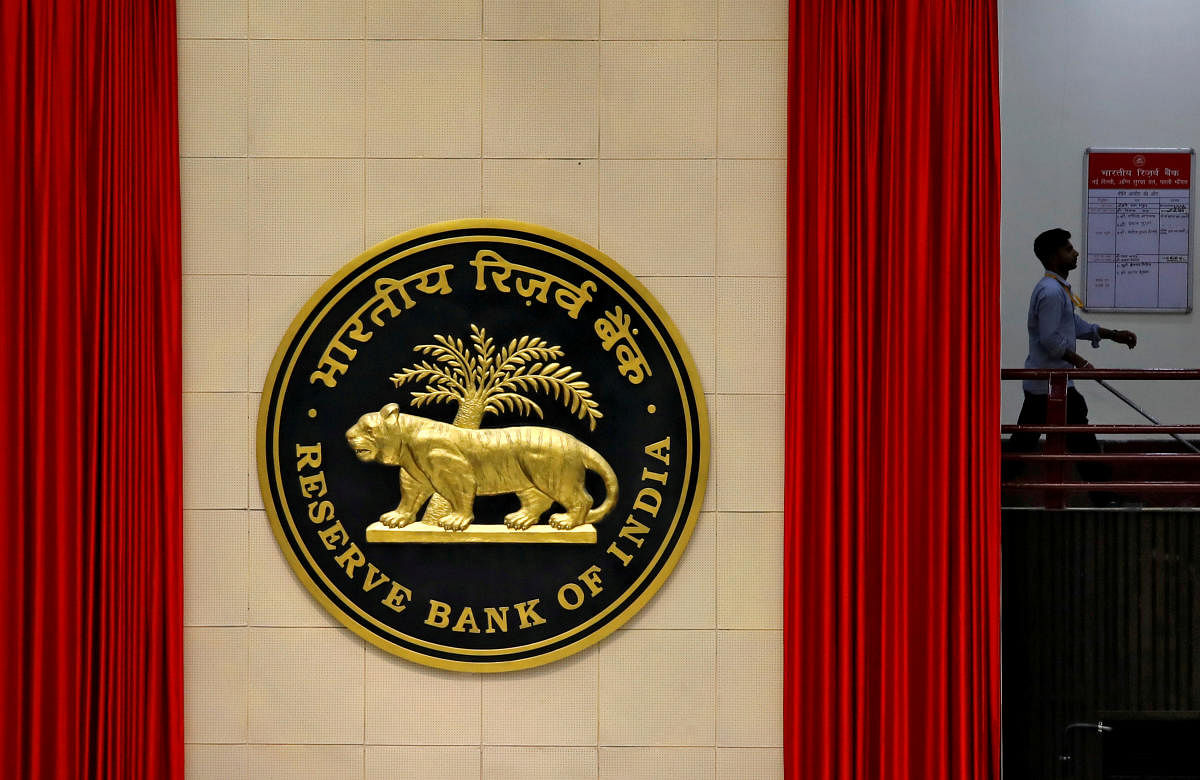
When the People’s Bank of China (PBOC) increased its stake in Housing Development Finance Corporation (HDFC) during the fourth quarter of last fiscal to 1.01% from 0.8% earlier, it raised many eyebrows. The disclosure by HDFC Ltd came as it is mandatory to name the investor if the shareholding goes above 1% for a single investor.
However, most of the private sector banks in the country have a large number of undisclosed foreign portfolio investors with less than 1% shareholding.
These FPIs collectively own close to a quarter of the total value of private banks in India, a DH analysis of shareholding pattern of private banks accessed from regulatory filings shows.
As many as 19 private sector banks have an exposure of 622.94 crore shares which are owned by publicly undisclosed foreign investors, the ultimate beneficiaries of which are unknown to the public.
Another private sector bank -- Tamilnad Mercantile Bank is unlisted and owned by the members of Nadar community from Tamil Nadu. Of the remaining 19 banks, the combined market valuation of whom stood at Rs 12.88 lakh crore as on June 16 and 23.51% (Rs 3.03 lakh crore) of it is owned by the undisclosed FPIs.
What is more worrying is the fact that the share of undisclosed foreign portfolio holding is larger in the bigger banks. The highest shareholding is in Axis Bank, at 35.46%, followed by ICICI Bank at 33.92% and HDFC Bank at 31%. All three banks didn’t respond to the queries sent by DH.
Most of these undisclosed FPI holders are unknown as they are holding stakes less than 1%. Sebi regulations stipulate that if any entity owns less than 1% in a listed Indian company, they need not disclose the identity of the investor.
The numbers are alarming at a time when Reserve Bank of India (RBI) is trying to enforce the governance standards in banks after the collapse of YES Bank and the government is trying to rein in the hostile takeover of Indian companies by Chinese entities.
The experts and banking industry veterans say that this is a worrying number, as the ultimate beneficiaries of these holdings are unknown and give a whole new dimension to national security.
“I have been telling the government which is talking about Make in India, but what about banks. We don’t know who the owner is in many cases. Also, portfolio investors don’t stay too long and keep churning. When was the last they have churned? They haven’t churned for the last seven years,” said Haseeb Drabu, a senior economist and former chairman of J&K Bank, a private sector lender.
Two other fund house chiefs, who wished anonymity, also said that it’s a worrying trend. “Yes, the unknown Ultimate Beneficiary Ownership (UBO) is worrisome. In these cases, the quality of investors is not known and so is the case about their intent. Although, sometimes these are big investors who want to keep identity unknown but are real and genuine,” one of the top fund house CEOs said.
RBI didn’t respond to the query sent by DH, while SEBI declined to comment on the issue.
However, a senior RBI official, who didn’t wish to be named, said that the regulator has been focussing more on the ownership pattern of public lenders than the private lenders. “Obviously, we won’t allow the overall numbers to cross the threshold, but this is a substantial stake,” the official said.
FDI limit in private sector banks currently stands at 74% under the automatic route.